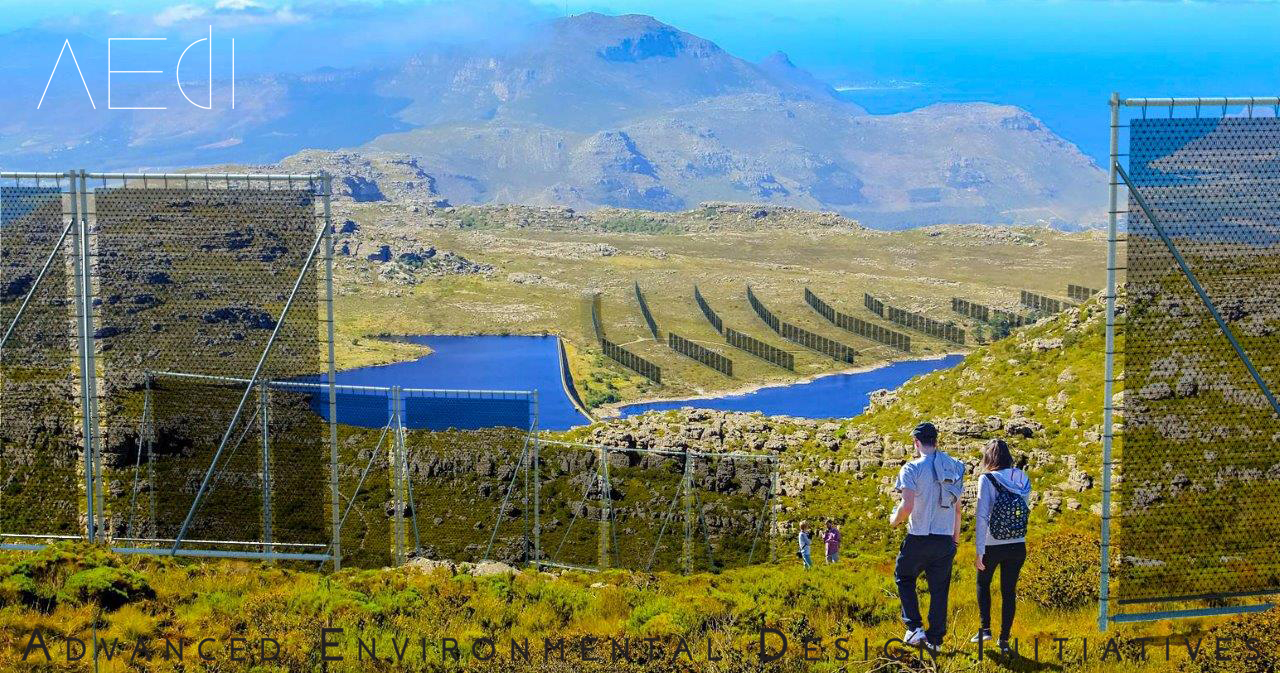Atlantic Harvest
VIDEO
BRANDS
MUSIC
VIDEO
BRANDS
MUSIC
Harvesting water in the dry summer months to replinish the Cape reservoirs


Climate variability and change is making traditional adaptations and pastoral livelihoods of
marginalised San communities in the economically underdeveloped Omaheke region (Namibia) difficult, including a rapid population increase, overstocking leading to land degradation, privatisation and fragmentation, livestock movement and fodder availability during droughts, a lack of effective communal land management plans, and limited alternative livelihoods. Predicted climate change will decrease water availability, with likely detrimental long-term implications for affected communities. Resulting environmental migration also intersects with the growth of informal settlements on city margins, exaggerating low living standards, rising inequality, limited water and sanitation access as well as exacerbating ecosystem degradation. ‘Out of the box’ adaptation strategies increasing adaptive capacities of marginalised communities offer opportunities for strengthening urban-rural climate resilience.
The project aims to increase the adaptive capacity of San families on the re-settlement farms Skoonheid, Drimiopsis, Donkerbos-Sonneblom in Omaheke region, and marginalised communities in a new informal settlement in Gobabis. This is done by improving their ability to implement adaptation strategies by developing 'Forest House' nurseries for risk management, training, and urban greening in a high water stress region affected by drought. The nurseries will produce drought-resistant tree species under controlled conditions by regulating irrigation, coordinating the timing of planting with rainfall events and cultivating climate-resilient varieties. They will maintain water quality and nutrient levels using systemic water conservation strategies, including water quality protection. Drip irrigation will improve revenue from quality in crop yields through decreases in water, labour, and energy. Affordable instrumentation will monitor sustainable water usage to guide agricultural irrigation practices. While the nurseries may produce multiple harvests during one growing season through intensification, the shade structures will serve as temperate green spaces for learning. Integrating indigenous knowledge systems, a feature of the Forest House is capacity building and training. It will offer technical training in agriculture, integrated pest management, improved water management systems, natural resource management, and climate information and seasonal forecasts. Each nursery will have two internal shelters that will function as a kitchen, storage, and washroom, with a shared space for community events and teaching. The project will coordinate organisational training with local partner cooperatives, including necessary financial and negotiation skills. Members can begin to diversify away pastoral livelihoods and generate new income streams, enriching the sustainability of community settlement economies through an outreach programme for urban greening. The settlement adaptation plan for urban greening aligns with Namibia's revised NDC commitment to forestry. Dryland varieties that sequester high levels of carbon and whose canopies will also provide shade and cooling. Increased vegetation coverage on degraded sites reduces thermal stress and the urban heat island effect. Urban while mitigating climate change by reducing Greenhouse Gas Emissions.
TRANSITION DESIGN
AEDI STUDIO BERLIN, JOHANNESBURG.
AEDI STUDIO BERLIN, JOHANNESBURG.